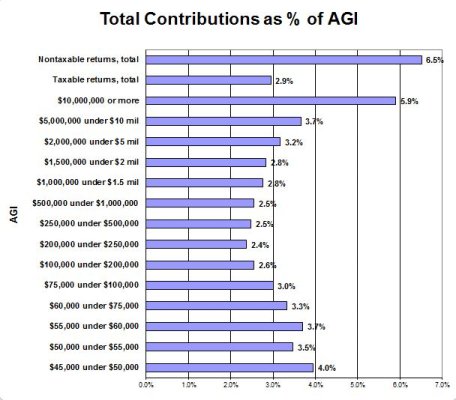Well, summer is over and I have enjoyed my time with the kids. I try and read a little each day on this forum and few others (MMM, etc) as I have learned a lot from my peers and gained perspective in my new normal. However, one thing that has me perplexed is reading about what others proclaim are their budgets and expenses, especially the ERE and MMM folks who proclaim to live on less than 40K per year. It is my opinion that a lot of these people do not factor in capital expenditures with their typical annual expenses. Let me give a simple example. A small family (3 kids or less) in America is going to have housing, transportation and maybe college expenses. As such, they need to have reserves for replacement for housing components, cars and some college costs. In my case, I have banked enough in college funds for my kids already, but I put about 5k a year in there for over 15 years. As to housing, I assume around 4K per year as a reserve which covers Roofing, Paint, HVAC, Water heater, Appliances and Maintenance equipment (lawn mower, etc) for a 20 yr cycle. Lastly, I buy a new car to me every 4 to 5 years (We drive our cars for 8 to 10 years). This means I need around 25K (today's dollars) each 5 years, so 5k per year.
Thus, if one is being realistic, this small family needs around 14k for cap ex or in my case at least 10K. My insurance costs are running around 24K and my housing costs (taxes, utilities, etc) less insurance and cap ex is running around 6K.
So, what I am saying is I find it hard to believe people are being realistic when they say they can live on less than 40k per year "all in" when I need at least 40K to cover insurance, housing and cap expenditures for large ticket items. My current budget is 70k net and it's tight. Remember, I have no mortgage, college funds banked and no other debt.
I feel compelled to drop in on the MMM and ERE crowd and point out that they may not be realistically factoring in all of life's costs. However, I brought this up here because most of you in the Early Retirement forum are the more experienced group and would like your thoughts and comments.
Thus, if one is being realistic, this small family needs around 14k for cap ex or in my case at least 10K. My insurance costs are running around 24K and my housing costs (taxes, utilities, etc) less insurance and cap ex is running around 6K.
So, what I am saying is I find it hard to believe people are being realistic when they say they can live on less than 40k per year "all in" when I need at least 40K to cover insurance, housing and cap expenditures for large ticket items. My current budget is 70k net and it's tight. Remember, I have no mortgage, college funds banked and no other debt.
I feel compelled to drop in on the MMM and ERE crowd and point out that they may not be realistically factoring in all of life's costs. However, I brought this up here because most of you in the Early Retirement forum are the more experienced group and would like your thoughts and comments.

